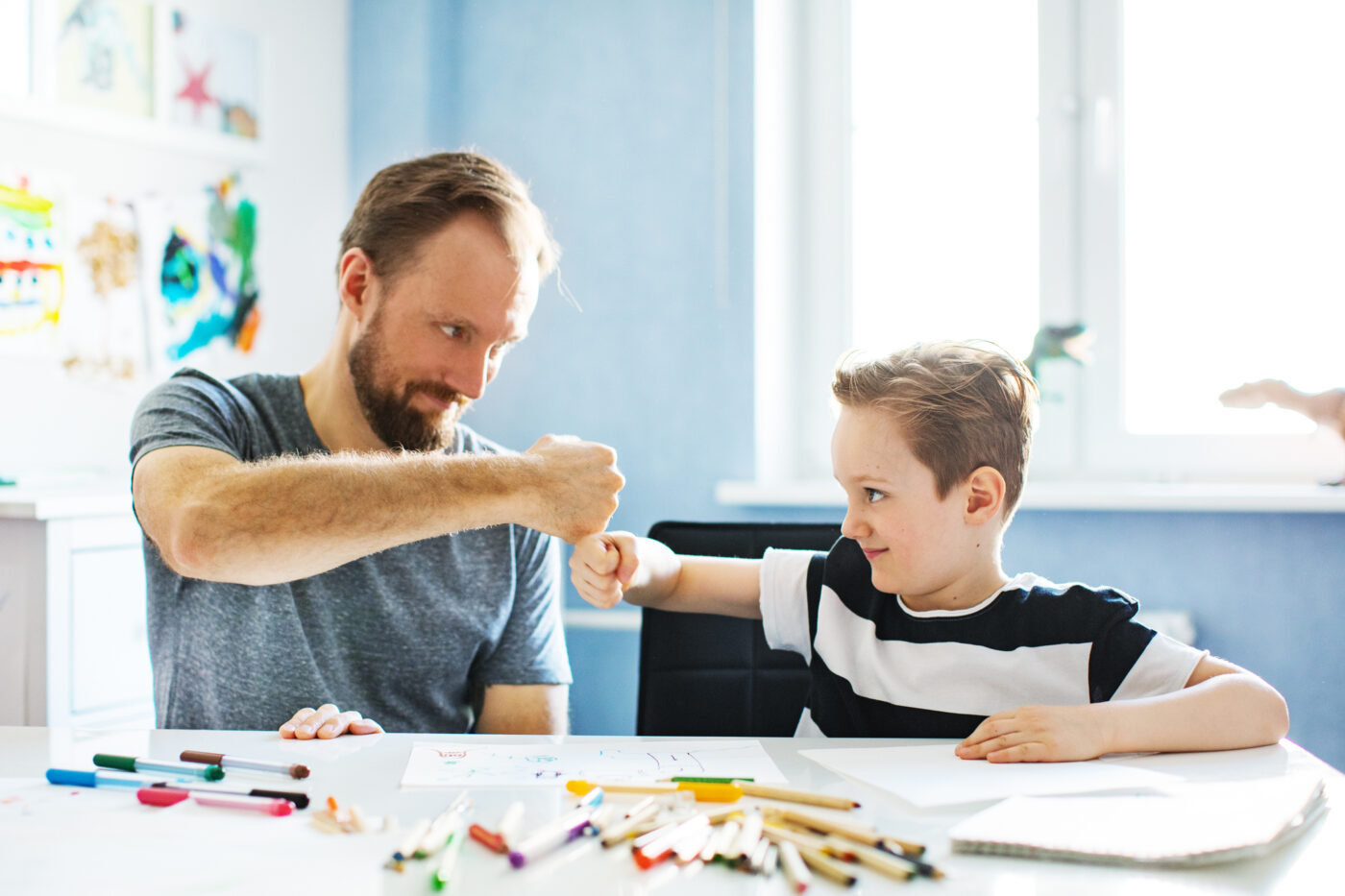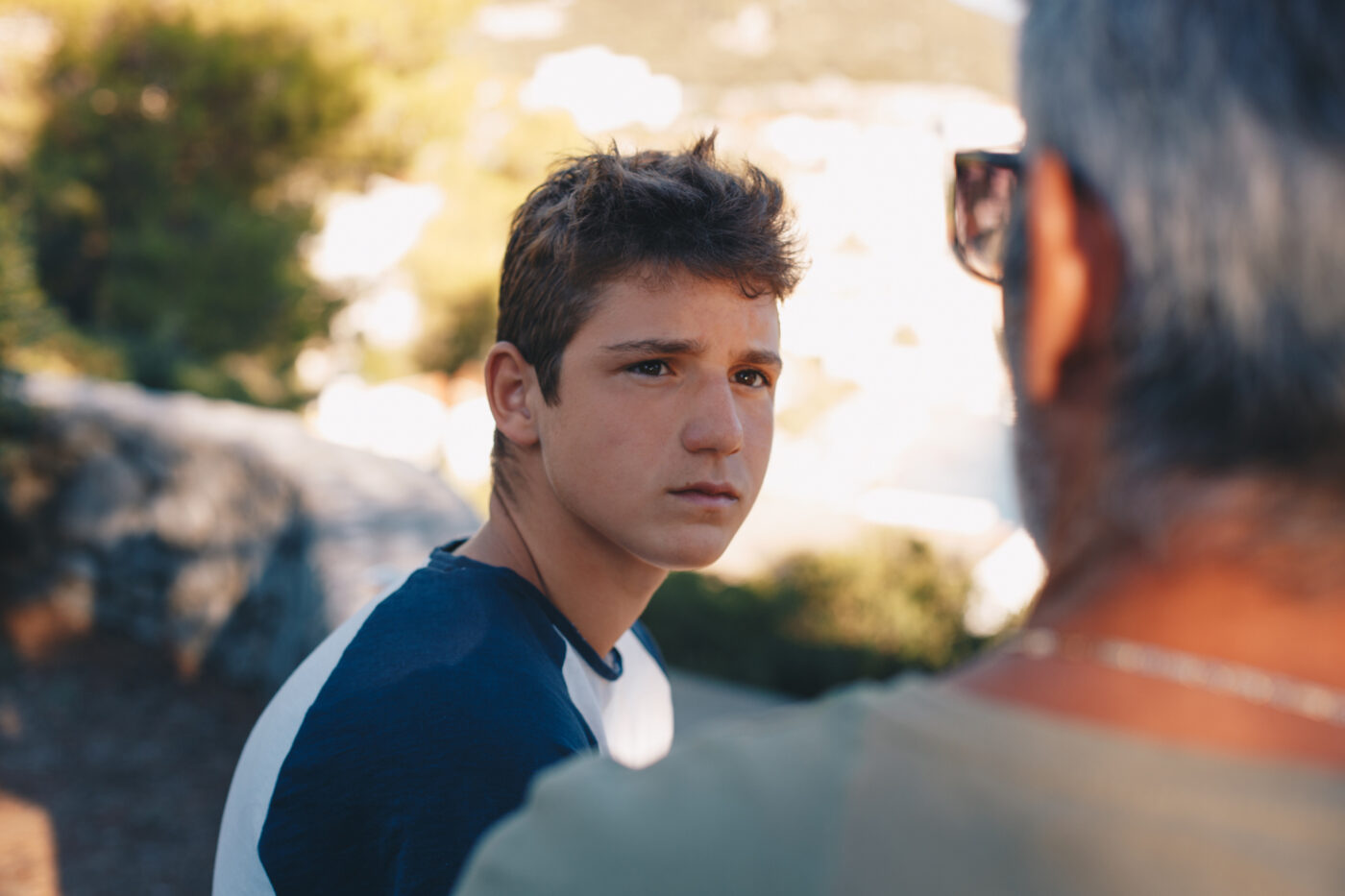If you’re like me, when my kids are having behavior challenges, I often don’t have a clue what to do. When our son was 6, his teacher requested an in-person meeting with us. We knew immediately that wasn’t going to be fun. It was not. He and another boy verbally bullied a little girl. We were mortified. I thanked the teacher for letting us know and assured her it would be seriously handled at home, as if I had a clue how.
Like many times in the past, my wife and I struggled with how to handle the situation. So we did what we almost always do when we aren’t sure—we called our lifelong friends Doug and Cathy. Doug and Cathy are great parents about 10 years ahead of us. Their advice almost always comes in the form of questions. Here are 6 questions to ask when you aren’t sure how to handle a situation with your kid.
1. Is this a first-time behavior?
Kindness to others is something we have stressed with our kids from day one. So when our kid bullied someone else, that was huge. Of all the life lessons, kindness to others is at the top of our parental list. So I was ready to have a big response, whatever that meant. But my friend asked a question that helped me cool my jets and get some good perspective: Has he done this in the past? He had not done this in the past, which allowed us to start the conversation more constructively. I said, “Buddy, this doesn’t sound like you. Tell me what happened.” This allowed him to think through what happened versus my big reaction.
2. Did I clearly communicate what our family values in this situation?
We thought the answer to this question was yes. But he didn’t seem to understand that what felt like “just teasing” to him felt like anything but to that little girl.
3. Am I making it easy for my kid to talk to me about tough things?
Like us, our kids can often get in over their heads as they try to navigate life. My daughter recently scratched my car backing out of the driveway. Instead of telling me immediately, she told my niece, who called me to be the bearer of bad news. They thought this would allow me to think before I reacted, which is always good for me. While I appreciated their reasoning, and their plan worked, it bummed me out that my daughter thought she couldn’t come to me first. So I need to work more on making sure I make it easy for her to talk to me about tough things.
4. What, if any, consequence should there be?
Sometimes, our kids will do something they simply didn’t know was wrong. So explaining and clarifying is all you need to do. But when you see a behavior that you think requires a consequence, make sure it logically relates to the behavior. After my daughter scratched the car, I told her that I knew it was an accident and that I’m sure she, like me, wished it hadn’t happened. But I also told her she would have to pay to fix it. She actually thanked me for being understanding and said she would, “of course, pay for it.” But in full disclosure—I will need my wife’s willpower to make her pay for the whole thing. She is, after all, adorable.
5. Is there an underlying issue that contributed to my child’s behavior?
Often, your child’s behaviors aren’t the problem; they are symptoms of a problem. Your toddler has a meltdown on the floor at Target. That doesn’t mean he’s a bad kid; he just needs a nap. Or maybe out of nowhere, your kid refuses to go to school. She isn’t forever a hater of the educational system; she is having a tough time with a group of kids. Or perhaps your son starts dressing differently and becoming melancholy; he isn’t being dramatic. He is struggling with who he wants to be. Understanding the underlying issues is not about making an excuse; it’s about dealing with what really matters and letting petty things remain petty.
6. What can I do to help my kid learn from this experience?
Helping our kids learn from challenges may be the most important thing we want to do, but it’s probably the most difficult. We want to help our kids through times when they are responding in a way that will serve them and your family and their future family. So stay out of lecture mode and switch into curiosity mode.
Sound off: What do you do when you don’t know how to handle a situation with your kid?












Huddle up with your kids and ask, “What situation are you struggling with, and how can I help?”